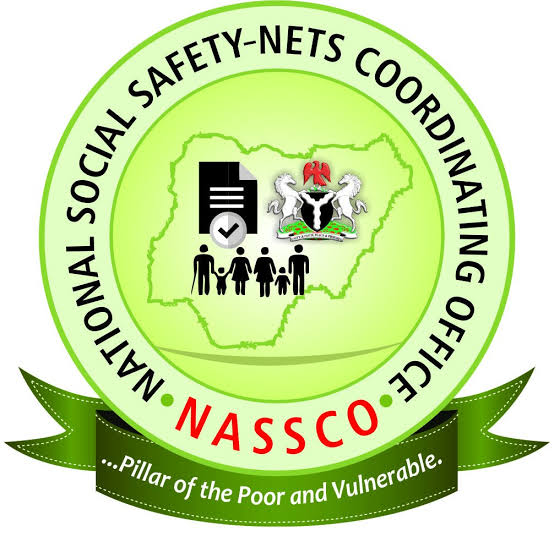By Asmau Ahmad
The National Social Safety Nets Coordinating Office (NASSCO), said the Federal Government will inaugurate a COVID-19 Rapid Response Register (RRR), an emergency intervention database, for the urban poor made poorer by the pandemic.
Communications Manager of the NASSCO, Mr Joe Abuku, who disclosed in an interview with newsmen, said the register would identify Nigerians who had sunk deeper into poverty as a result of the economic shocks caused by the pandemic.
He said the register is being built by NASSCO as an expansion of the existing National Social Safety Nets Project (NASSP).
He added that it targets small businesses owners, street vendors, petty traders, Small and Medium Enterprises (SMEs) and service providers.
“Others are low wage employed individuals and families, including daily wage- based labourers, urban poor and destitute (persons with disabilities), and vulnerable families in slum areas, affected by the pandemic,” he said.
According to him, the register, being put together by the Ministry of Humanitarian Affairs, Disaster Management and Social Development, through NASSCO, and in partnership with the World Bank, will be inaugurated by Vice President Prof. Yemi Osinbajo, on Tuesday, in Abuja.
“The category of Nigerians who will be in this register is typically the urban/semi urban poor engaged in the informal sectors of the economy, who lost their source of livelihood due to the impact of COVID-19 on businesses and jobs.
“The Federal Government plans to extend cash transfers to households in this register for a period of 12 months,” he said.
Mr Abuku added that the register would identify the non-traditional urban poor who lost their livelihoods and consequently became poorer and more vulnerable from the harsh economic impact of COVID-19.
The communication manager said that to identify Nigerians who had been made poorer in urban and semi-urban areas for registration, NASSCO would rely on geographical satellite remote sensing technology to locate urban poor wards and communities.
He added that targeting and enrolment of affected households would be done using cellphone Short Messaging Service (SMS) technology that allowed residents of targeted communities register to be assisted by following simple steps using USSD codes.
This technology approach, he said, was integrated with the National Living Standard Survey Assessments and would be complemented by existing databases of Non-Governmental Organisations, local self-help-support groups, and neighbourhood structures in the communities.




